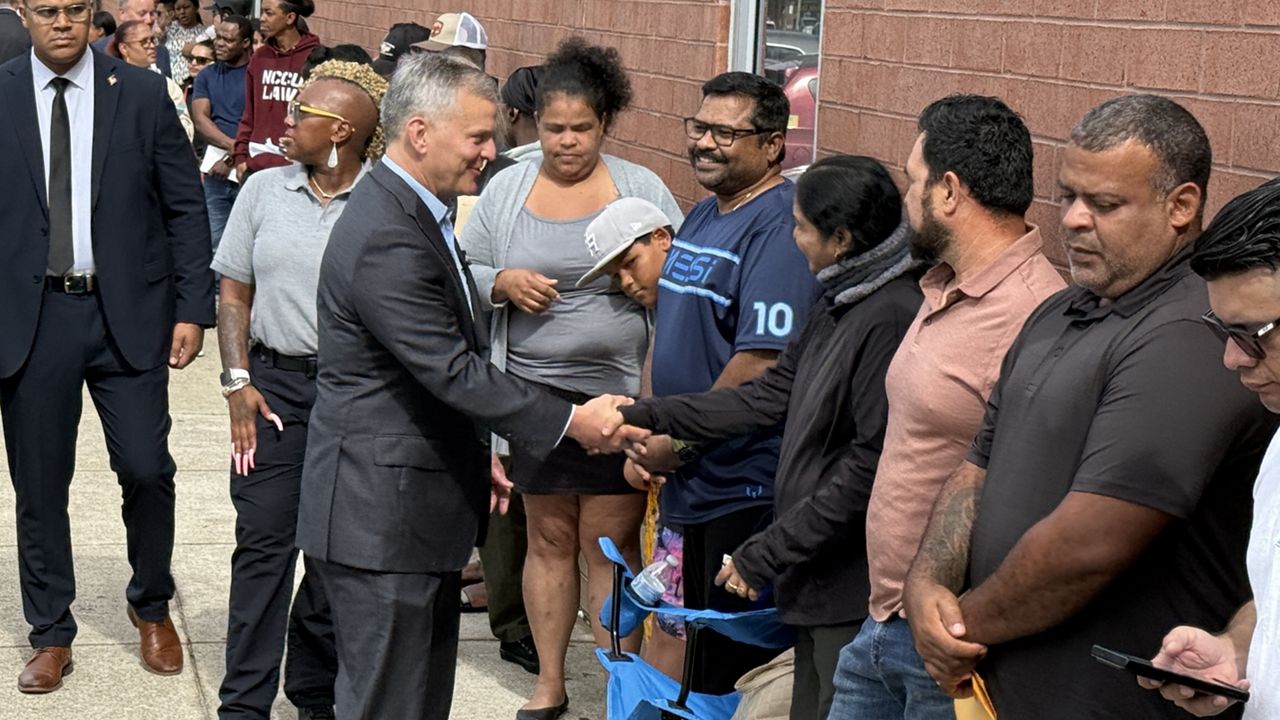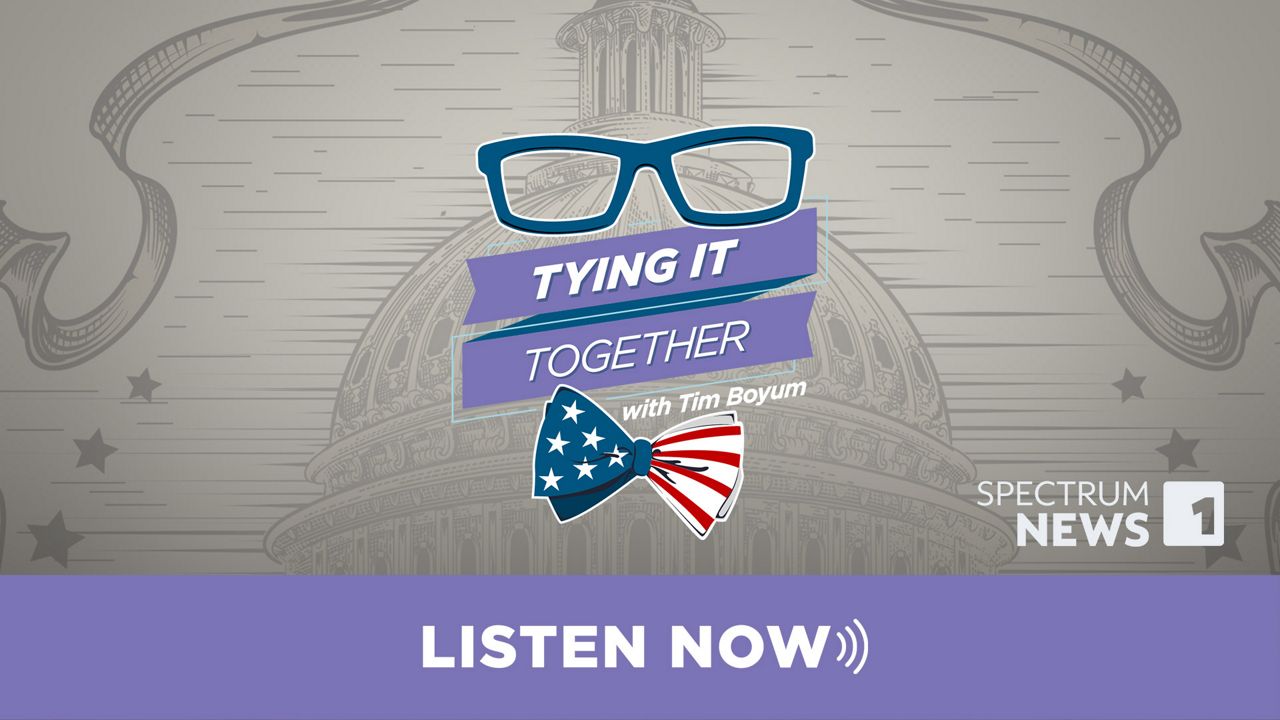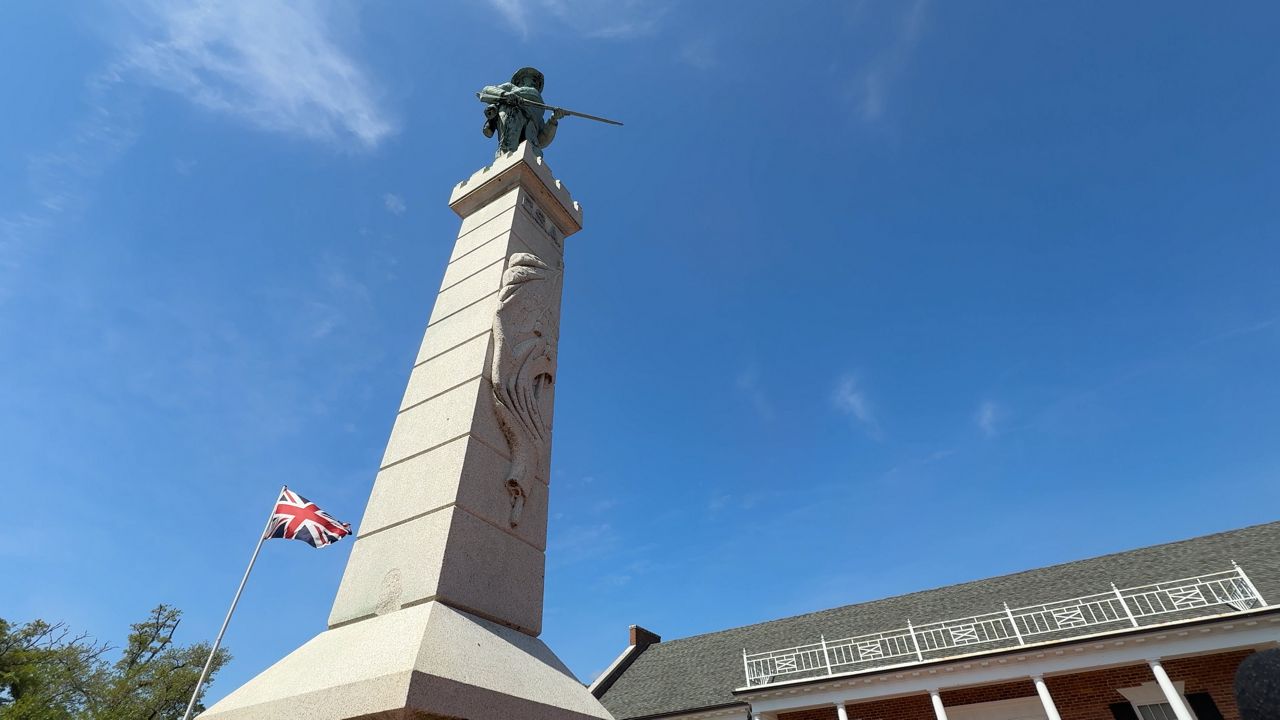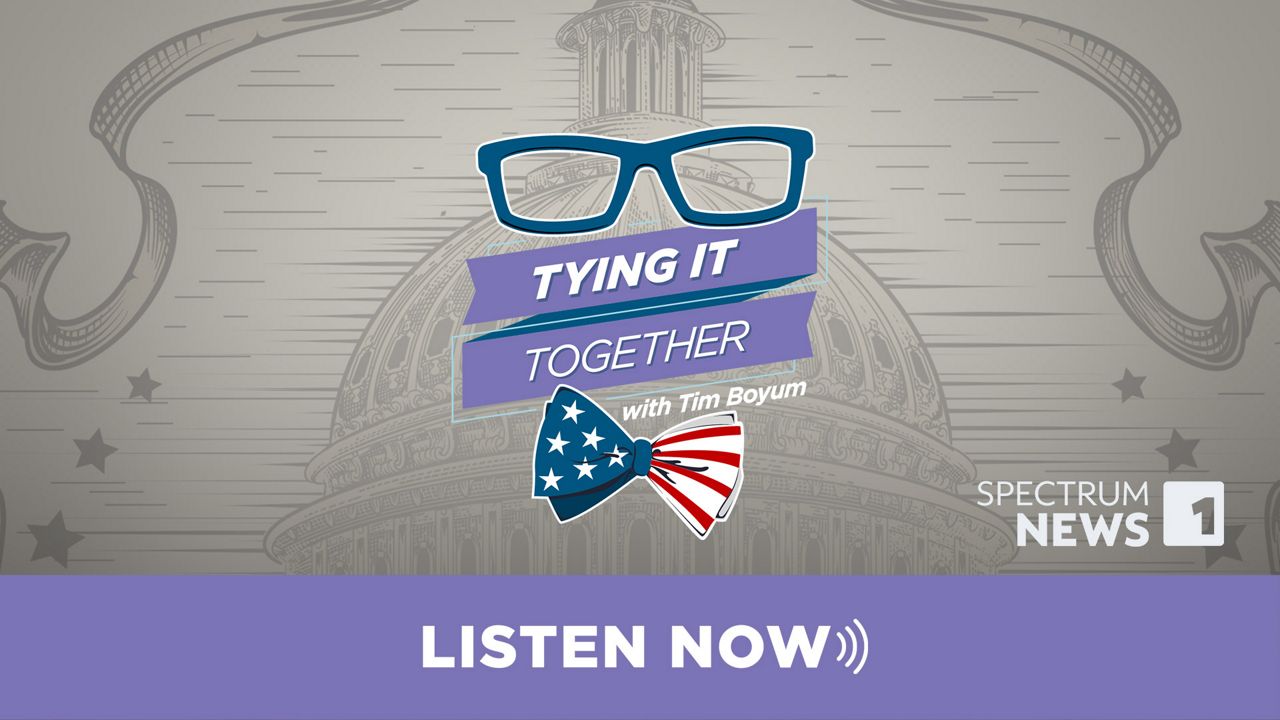WASHINTON, D.C. -- With small businesses nationwide left waiting for help, the U.S. House approved hundreds of billions of dollars in additional funding for an emergency loan program Thursday, sending the bill to the president’s desk.
The more than $300 billion in loan money is part of a nearly $500 billion aid package that passed the House 388-5. The Senate approved the measure earlier this week.
Thursday’s vote took far longer than a standard vote. As a precaution because of the coronavirus, lawmakers went to vote on the House floor in small groups, allowing for social distancing. Many wore masks.
All North Carolina lawmakers in the U.S. House voted for the legislation, with the exception of Rep. Patrick McHenry, R-10th District, who did not vote. The vote tally can be found here.
“Critical funding will soon be in the hands of North Carolinians in need, including our dedicated farmers,” said Rep. Dan Bishop, R-9th District, in a statement after the vote. “We must continue to support these essential members of our communities and economy who are eager to get back to work.”
In late March, lawmakers allocated $350 billion to the forgivable small business loan program, known as the Paycheck Protection Program. However, with businesses aching for help, that original funding ran dry in less than two weeks.
The deal to replenish the loan program came together after days of negotiations.
Republicans originally proposed adding $250 billion to the PPP program.
But Democrats blocked that plan, demanding among other things that a portion of the loan money be funneled through smaller lending institutions that they say service minority-owned and smaller businesses.
Since its initial rollout, the PPP program has faced scrutiny, with reports of publicly traded companies getting assistance and banks prioritizing existing customers.
Ultimately, $60 billion was devoted to those smaller institutions in the final deal.
“This is exactly what minority-owned businesses, women-owned businesses, non-profits, and microbusinesses need – and what was missing in the original CARES Act,” said Rep. Alma Adams, D-12th District, in a statement.
RELATED: N.C. Small Businesses Hit Snags with Coronavirus Emergency Loan Program
Several Republicans within the North Carolina delegation expressed concern that the extra days spent negotiating the final bill unfairly left businesses waiting.
“Nancy Pelosi held us up again for over a week. It is unconscionable that she would do that,” said Rep. Virginia Foxx, R-5th District, who voted for the bill. “I'm getting calls every day from small businesses in my district who have not gotten their money and they are on life support.”
However, Democrats say the final deal is an improvement over the initial offer - in part because it may give some smaller businesses a better chance at assistance.
“It wasn’t a good idea for Mitch McConnell to say well we’re going to do $250 billion and only that amount. And we're going to have none of these provisions as to who it goes to. And we’re going to jam this through - take it or leave it," said Rep. David Price, D-4th District. "We didn’t accept that - we shouldn’t accept it.”
Price noted that even with this new tranche of funding, it still may not be enough to help small businesses.
“The money for the businesses and the nonprofits is going to be inadequate,” he said.
In addition to the small business money, the final plan also includes $75 billion to help hospitals plus $25 billion to boost testing.
Not included in the deal: funding Democrats wanted for states and local governments. That is likely to be one of the next big legislative fights on Capitol Hill.
POLITICS
U.S. House Gives Final Approval to Bill Replenishing Emergency Small Business Loan Program
PUBLISHED April 23, 2020 @10:50 PM









